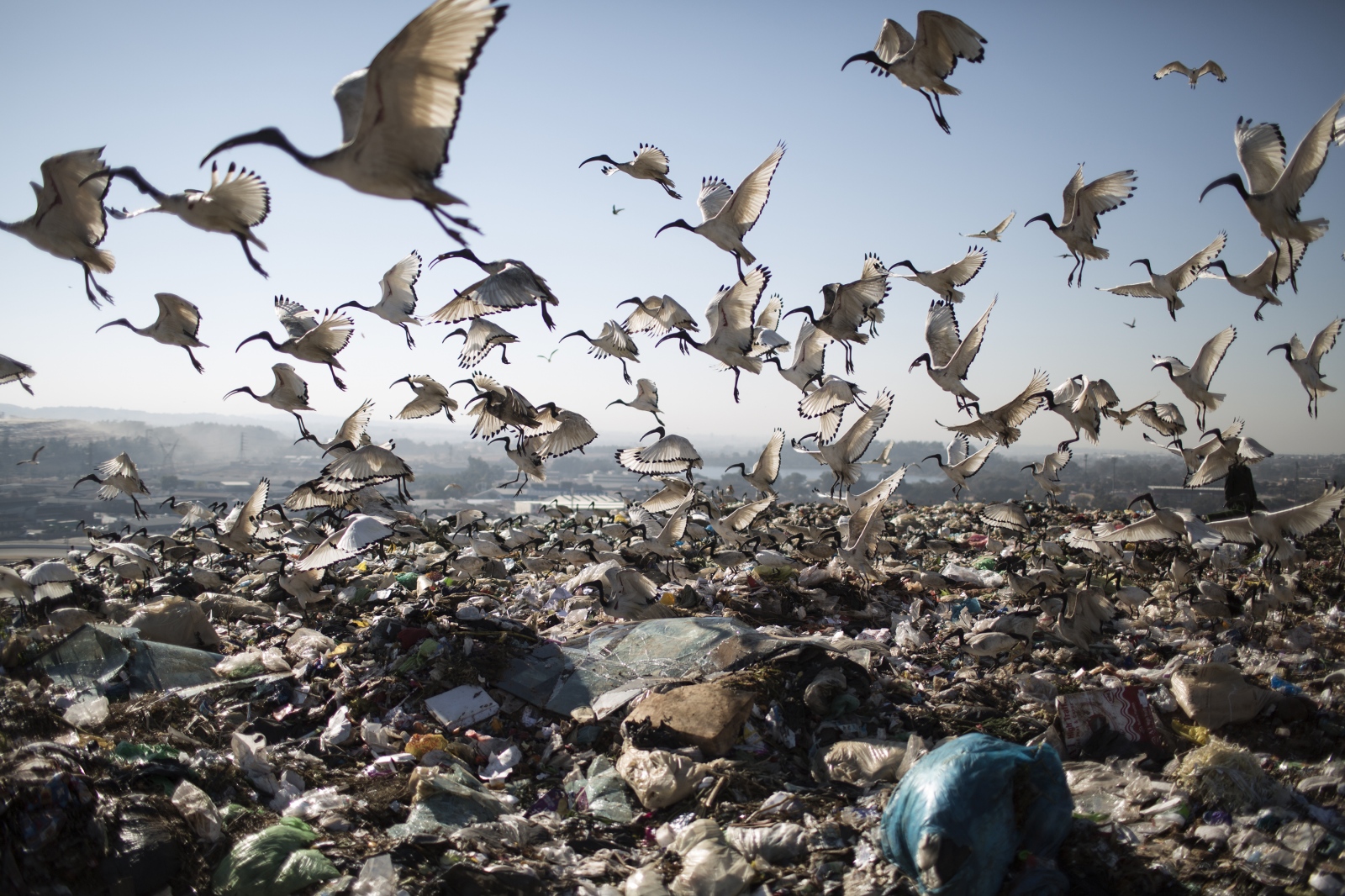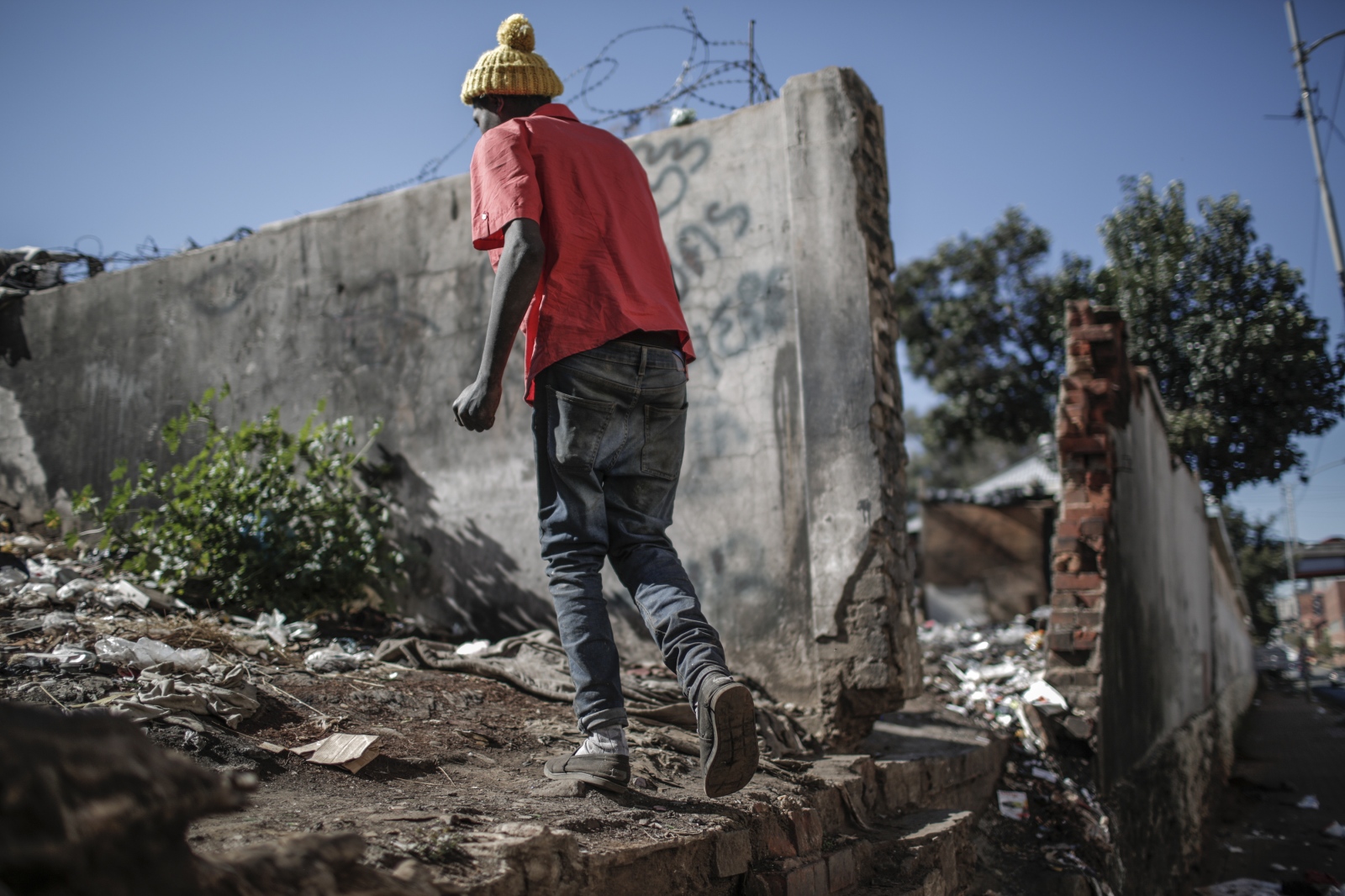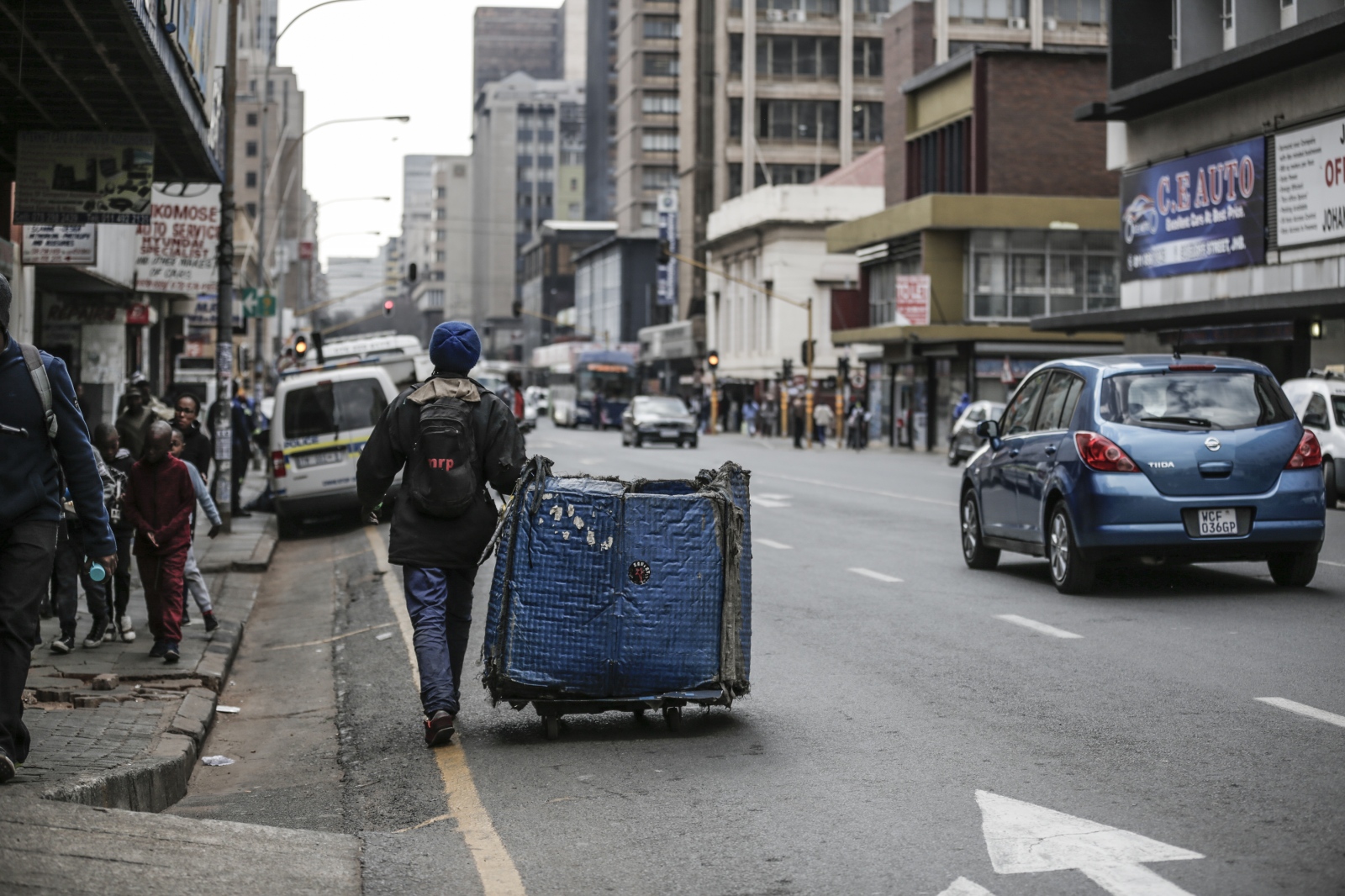Public Project
Life in Plastic
While Plastic pollution has become a dangerous global problem, for some, recycling means the difference between a meal or going hungry every day.
Poverty, unemployment seeking better opportunities far from their homes and often drug dependence has caused many people to turn to the urban informal economy for survival; a life that especially for waste pickers mean living on the fringes of society.
While South Africa slowly moves toward formalising the recycling sector, working in the informal waste economy results in waste pickers face numerous challenges everyday from exposure to unhealthy working conditions, stigmatisation, volatile changes to the market and even turf fighting.
A study by the University of the Western Cape shows that South Africa generates about 54 425 t a day of waste and that there is about R17-billion worth of waste that goes to landfill every year, which remains uncollected for reuse or recycling.
The informal waste sector employs an estimated 60 000 to 90 000 people, who are self-employed waste pickers, collecting a high percentage of South Africa’s recyclables and on average work between 8 and 14 hours a day, earning between a meagre R50 ($3,5) and R100 ($7) a day.
This short story is about the waste pickers / reclaimers (street surfers) in Johannesburg, South Africa.
13,148















